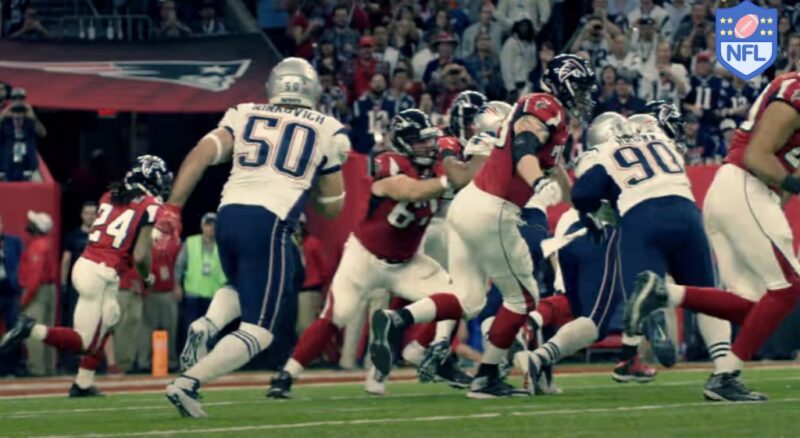The National Football League (NFL) is a tapestry of athleticism, strategy, and business acumen. It’s not just about the thrilling touchdowns and hard-hitting tackles; it’s also about the intricate player contract system that operates behind the scenes. This system is a delicate dance, balancing the needs and wants of players and teams, all within the framework of league rules and regulations.
Among the many tools at a team’s disposal, one stands out for its unique role in shaping the league: the franchise tag. This mechanism allows teams to retain key players, often stars who are vital to the team’s success, for an additional year. It’s a strategic move, sometimes controversial, but undeniably influential in the landscape of professional football.
Salary Cap in NFL

Competitive balance is the cornerstone of the NFL, and the salary cap plays a pivotal role in maintaining this equilibrium. By setting an annual limit on the amount a team can spend on player salaries, the salary cap ensures that all teams, regardless of their financial might, operate on a level playing field.
Over the years, the cap has been adjusted to reflect changes in revenue, economic conditions, and collective bargaining agreements. It’s not a static figure but a dynamic element that evolves with the league itself. This constant flux requires teams to be both strategic and adaptable in how they manage their rosters and finances.
The salary cap’s influence extends to the franchise tag, adding another layer of complexity to team management. When a team decides to use the franchise tag on a player, it must consider not only the player’s value but also how that decision fits within the constraints of the cap. It’s a decision that can have ripple effects throughout the team’s entire salary structure.
Franchise Tag
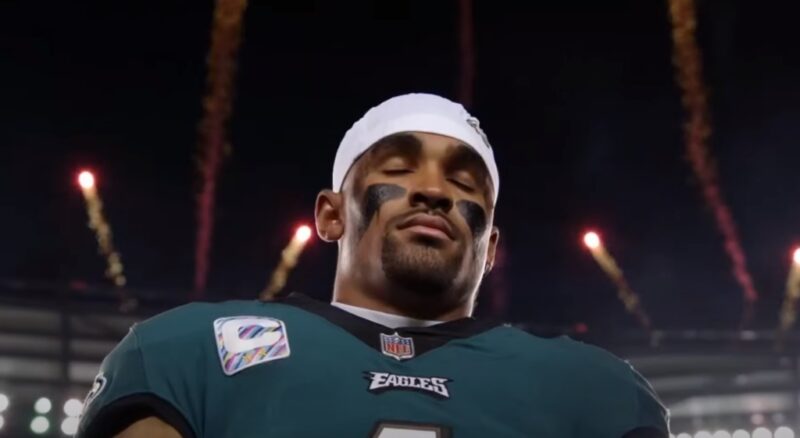
The franchise tag is more than just a contract offer; it’s a statement of intent and a strategic tool. Essentially, it’s a one-year contract offer that a team can extend to a player whose contract is expiring. The purpose is clear: to keep that player on the team for at least one more season.
There are two main types of franchise tags: exclusive and non-exclusive. The exclusive tag binds the player to the team, preventing negotiations with other teams. The non-exclusive tag, on the other hand, allows the player to explore offers but gives the original team the right to match any offer. These options provide teams with flexibility but also present challenges in negotiations.
The use of the franchise tag is not without controversy. While it can be a valuable tool for teams looking to retain top talent, it also places players in a precarious position, often leading to tense negotiations. The decision to use the tag must be carefully weighed, considering not only the player’s performance and potential but also the broader financial and strategic implications for the team.
Applying the Tag
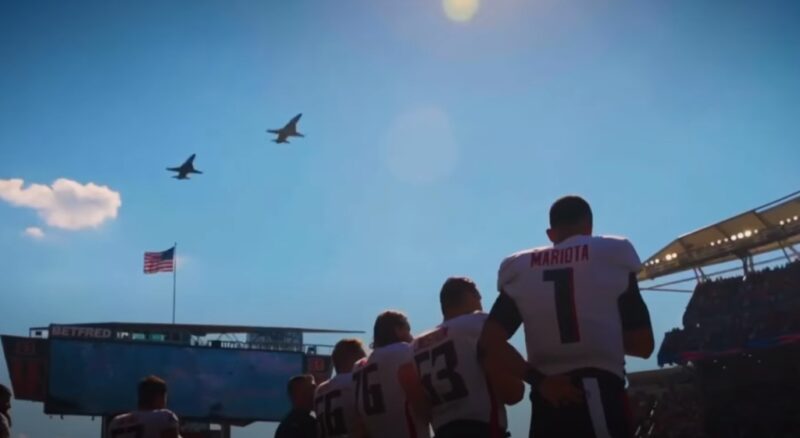
The franchise tag is not a one-size-fits-all solution, and applying it requires careful consideration of various criteria. Teams must evaluate the player’s performance, potential, and fit within the team’s overall strategy. The decision to use the tag often comes down to a combination of the player’s value to the team and the financial implications of the tag.
Financially, the franchise tag can be a significant investment. The cost is determined by the average of the top five salaries at the player’s position or 120% of the player’s previous salary, whichever is greater. This means that tagging a star player can have substantial effects on a team’s salary cap, requiring careful planning and potentially impacting the ability to sign other players.
The franchise tag is not a decision to be taken lightly. It’s a strategic move that can secure a key player for another season, but it also comes with risks and challenges. Teams must weigh the benefits against the potential drawbacks, considering not only the immediate impact but also the long-term implications for both the player and the team.
Players on Tags
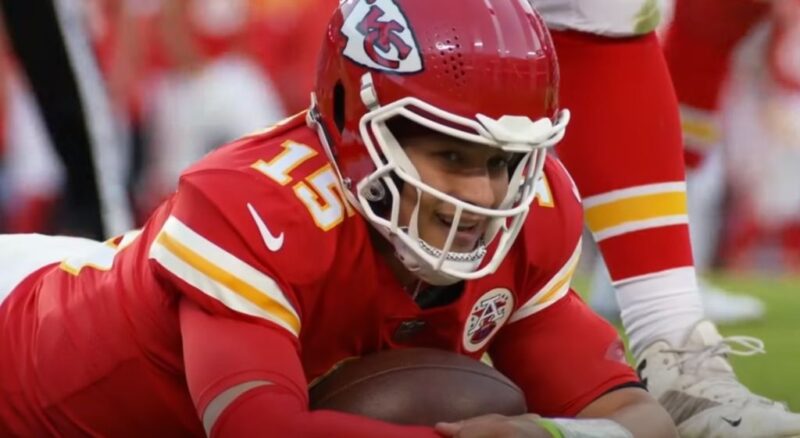
The franchise tag has been used on some of the NFL’s most prominent players, often leading to dramatic negotiations and headline-grabbing news. Players like Le’Veon Bell, Kirk Cousins, and Dak Prescott have all been tagged in recent years, each situation unfolding with its unique twists and turns.
The impact of the franchise tag on players’ careers and team dynamics can be profound. For some, the tag leads to a lucrative long-term contract, solidifying their place on the team. For others, it can create tension and uncertainty, affecting both on-field performance and off-field relationships.
Lets look at the lists of players that have been tagged in recent years, and how their contracts unfolded.
2023
| Player | Date | Team | Position | Value | Decision |
| Lamar Jackson | 03/07/2023 | BAL | QB | $32,416,000 | Extended 5 yr, $260,000,000 |
| Saquon Barkley | 03/07/2023 | NYG | RB | $10,091,000 | Extended 1 yr, $10,091,000 |
| Tony Pollard | 03/06/2023 | DAL | RB | $10,091,000 | Signed |
| Josh Jacobs | 03/06/2023 | LV | RB | $10,091,000 | Offered |
| Evan Engram | 03/06/2023 | JAC | TE | $11,345,000 | Extended 3 yr, $41,250,000 |
| Daron Payne | 02/28/2023 | WAS | DT | $18,937,000 | Extended 4 yr, $90,000,000 |
2022

| Player | Date | Team | Position | Value | Decision |
| Chris Godwin | 03/08/2022 | TB | WR | $19,179,600 | Extended 3 yr, $60,000,000 |
| Cam Robinson | 03/08/2022 | JAC | LT | $16,662,000 | Signed |
| Mike Gesicki | 03/08/2022 | MIA | TE | $10,931,000 | Signed |
| Davante Adams | 03/08/2022 | GB | WR | $20,145,000 | Traded to LV, Extended 5 yr, $140,000,000 |
| Dalton Schultz | 03/08/2022 | DAL | TE | $10,931,000 | Signed |
| Orlando Brown Jr. | 03/07/2022 | KC | LT | $16,662,000 | Signed |
2021
| Player | Date | Team | Position | Value | Decision |
| Chris Godwin | 03/09/2021 | TB | WR | $15,983,000 | Signed |
| Cam Robinson | 03/09/2021 | JAC | LT | $13,754,000 | Signed |
| Leonard Williams | 03/09/2021 | NYG | DE | $19,351,200 | Extended 3 yr, $63,000,000 |
| Allen Robinson | 03/09/2021 | CHI | WR | $17,880,000 | Signed |
| Marcus Williams | 03/09/2021 | NO | FS | $10,612,000 | Signed |
| Dak Prescott | 03/09/2021 | DAL | QB | $37,690,800 | Extended 4 yr, $160,000,000 |
2020
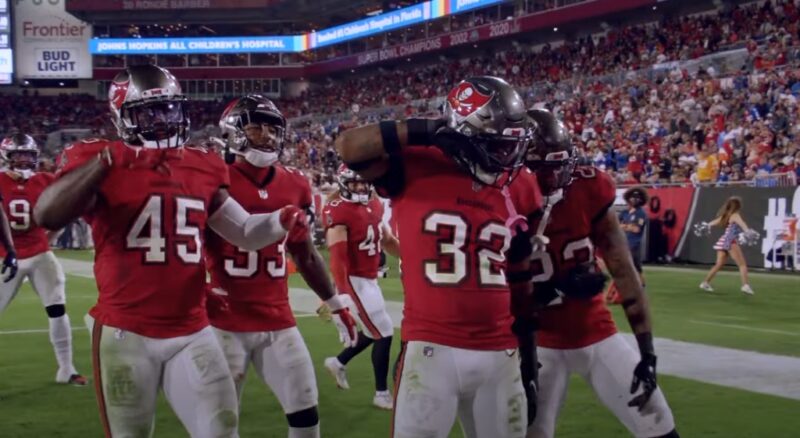
| Player | Date | Team | Position | Value | Decision |
| Dak Prescott | 03/16/2020 | DAL | QB | $31,409,000 | Extended 4 yr, $160,000,000 |
| Derrick Henry | 03/16/2020 | TEN | RB | $10,278,000 | Extended 4 yr, $50,000,000 |
| A.J. Green | 03/16/2020 | CIN | WR | $18,171,000 | Signed |
| Shaquil Barrett | 03/16/2020 | TB | OLB | $15,828,000 | Extended 4 yr, $68,000,000 |
| Leonard Williams | 03/16/2020 | NYG | DE | $16,126,000 | Extended 3 yr, $63,000,000 |
| Justin Simmons | 03/13/2020 | DEN | FS | $11,441,000 | Extended 4 yr, $61,000,000 |
2019
| Player | Date | Team | Position | Value | Decision |
| Jadeveon Clowney | 03/04/2019 | HOU | DE | $15,967,000 | Traded to SEA |
| Frank Clark | 03/04/2019 | SEA | DE | $17,128,000 | Traded to KC, Extended 5 yr, $104,000,000 |
| Grady Jarrett | 03/04/2019 | ATL | DT | $15,209,000 | Extended 4 yr, $68,000,000 |
| Dee Ford | 03/02/2019 | KC | OLB | $15,443,000 | Traded to SF, Extended 5 yr, $85,000,000 |
| Robbie Gould | 02/26/2019 | SF | K | $4,971,000 | Extended 4 yr, $19,000,000 |
2018
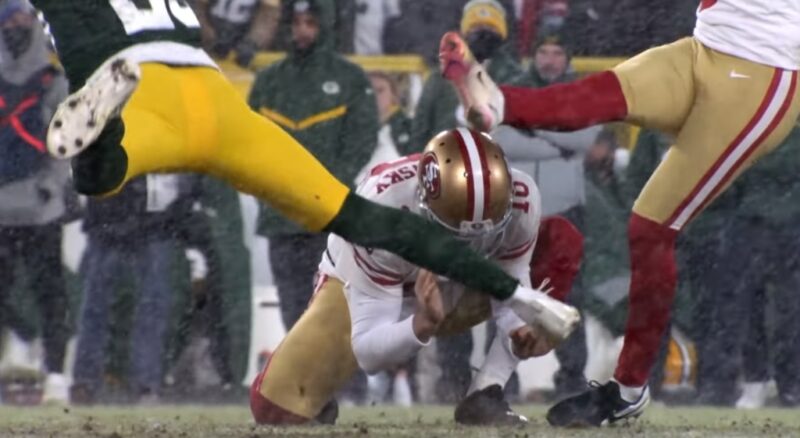
| Player | Date | Team | Position | Value | Decision |
| Le’Veon Bell | 03/06/2018 | PIT | RB | $14,544,000 | Did not sign, became FA |
| DeMarcus Lawrence | 03/05/2018 | DAL | DE | $17,143,000 | Extended 5 yr, $105,000,000 |
| Ezekiel Ansah | 02/27/2018 | DET | DE | $17,143,000 | Signed |
| Lamarcus Joyner | 02/27/2018 | LAR | FS | $11,287,000 | Signed |
Controversies
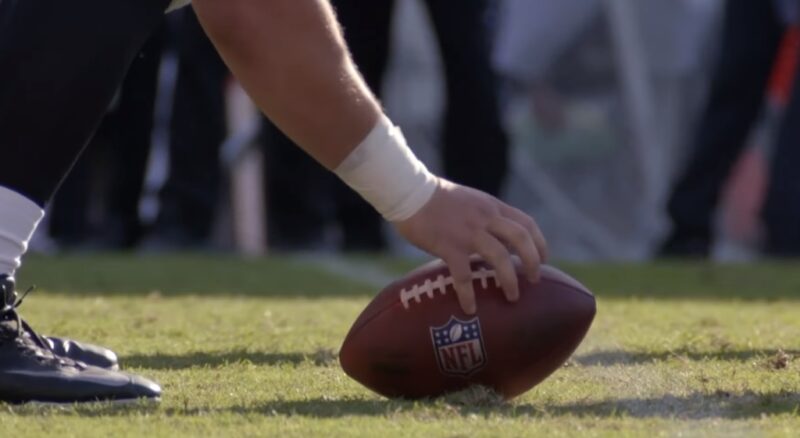
The franchise tag is not without its controversies, and specific holdouts by players have brought these issues to the forefront. For example, Le’Veon Bell’s refusal to sign the franchise tag with the Pittsburgh Steelers in 2018 led to a season-long holdout. Similarly, DeMarcus Lawrence’s tagging by the Dallas Cowboys for the second year in a row in 2019 created tension and was considered extremely expensive for the team.
Players often have mixed reactions to being tagged, with some seeing it as a sign of commitment from the team, while others view it as a limitation on their freedom and earning potential. These holdouts and disagreements have fueled public debate, with opinions divided on the fairness and necessity of the franchise tag.
Some argue that it’s a necessary tool for teams to retain key players and maintain competitive balance. Others contend that it unfairly restricts players’ rights and opportunities, leading to calls for reform or even elimination of the tag.
These controversies reflect the complex nature of the franchise tag and the broader tensions within the NFL. The tag is a symbol of the ongoing struggle between team control and player autonomy, a delicate balance that continues to shape the league and spark debate among fans, players, and executives alike.
FAQ
Can a player refuse to sign the franchise tag?
Yes, a player can refuse to sign the franchise tag, but this decision comes with consequences. The player will not be able to play for any team during the tagged season and will not receive the salary associated with the tag. This strategy has been employed by some players to negotiate better contracts or force a trade.
Can a team use the franchise tag on the same player multiple times?
A team can use the franchise tag on the same player multiple times, but the cost increases with each successive tag. After being tagged twice, a player must be offered the average of the top five salaries at the highest-paid position or 144% of his previous year’s salary, whichever is greater.
Can a player be traded while under the franchise tag?
Yes, a player can be traded while under the franchise tag. The tagging team can negotiate a trade with another team, and the player’s franchise tag contract would then apply to the new team. This has occurred in several high-profile cases, such as the trade of Jadeveon Clowney from the Houston Texans to the Seattle Seahawks.
Conclusion
The franchise tag is a complex and multifaceted tool within the NFL’s contract system. It serves as a mechanism for teams to retain key players, but it also generates controversies and challenges. From salary cap considerations to player holdouts, the franchise tag is a symbol of the ongoing struggle between team control and player autonomy.
Understanding the franchise tag requires a deep dive into the intricacies of the NFL’s financial structure and player-team dynamics. Whether viewed as a necessary evil or a strategic advantage, the franchise tag continues to shape the league, influencing decisions, negotiations, and the very fabric of professional football.
